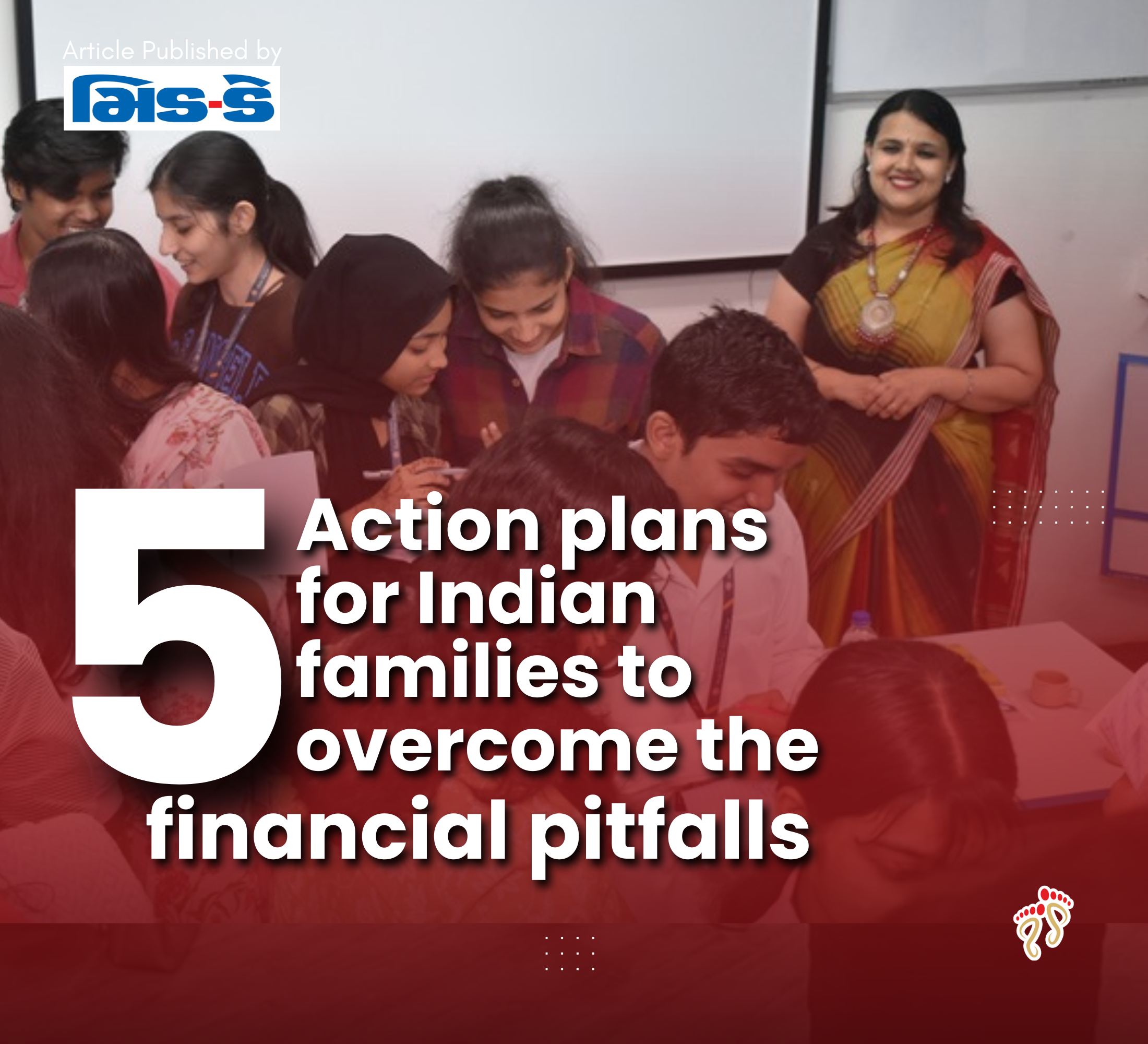In Indian families, decisions often go beyond logic, driven by an unseen force called mimetic desire. This psychological concept, introduced by philosopher René Girard, explains how people subconsciously imitate the desires of others.
In simple terms, we often want something not because we inherently need it, but because we see others wanting it. Mimetic desire is a common concept in social environments where the actions and aspirations of others influence our choices.
In the Indian context, this phenomenon is evident in family life, where comparisons and imitations shape behaviors and decisions.
Take, for instance, the case of Amit and Neha, a middle-class couple living in Mumbai. Amit sees his colleague upgrading to a bigger car, and suddenly feels the urge to do the same, despite the fact that their current car is perfectly fine. Neha notices her neighbor enrolling her kids in an expensive international school and wonders if they are depriving their children of opportunities.
This cycle of imitation runs deep, affecting not only finances but personal satisfaction.
Mimetic desire is deeply ingrained in Indian culture, where the “log kya kahenge” (what will people say) mentality often governs our decisions. From educational choices for children to home purchases, this pressure to emulate others drives many family discussions.
In joint families, the desire to match up with cousins, siblings, or even in-laws further fuels this mimicry. Currently, when the wedding season is on a new high, this Mimetic Desire can be experienced amongst both, hosts and guests across majority of the weddings.
Mimetic desire shapes how Indian families spend money, time, and resources. And while some of these choices may bring short-term happiness, they often lead to long- term financial strain and emotional fatigue.
5 Action Plans for Indian Families
Let us today look at 5 Action Plans for Indian Families to overcome the financial
pitfalls from this phenomenon:
- Set Family Financial Conversations: Prioritize your own needs. Sit together and utline what matters most to your family, be it financial stability, education, or health. Define your goals, so they are not influenced by what others are doing. Most often, the lack and awkwardness of financial conversations itself leads to high influence. Conversations are most important to build ‘financial immunity’.
- Be Creative: Amidst the trend of celebrating birthdays at malls and multiplexes, I once chose to celebrate my son’s birthday at a Fire Station! No gifts, no return gifts, no food, no water! The focus was just the experience. I must say, children enjoyed much more due to this novel concept. I am glad to see few weddings on environmentalist and minimalist themes these days. We need more of these concepts. Creativity reduces the mimetic desire to a great extent.
- Delay Comparisons: Pause before making decisions driven by others’ actions. Give yourself a few days to reflect if it’s really necessary for your family or just an imitation of someone else’s desire. Especially, if you are buying due to a social media influence!
- Focus on Small Habits: Little habits of celebrating small wins, valuing the little ‘extra strong peppermint’ type of things just like most of us in the middle age today did during our childhood, writing and discussing expenses and financial steps – are few very small yet strong ways to build our own financial architectures which are not copied!
- Celebrate Simple Wins: Instead of chasing societal benchmarks, celebrate personal achievements like paying off loans, maintaining health, or spending quality time together.
Mimetic desire will always be present, but by acknowledging its power and consciously shaping your family’s choices, you can lead a more content and authentic life.

